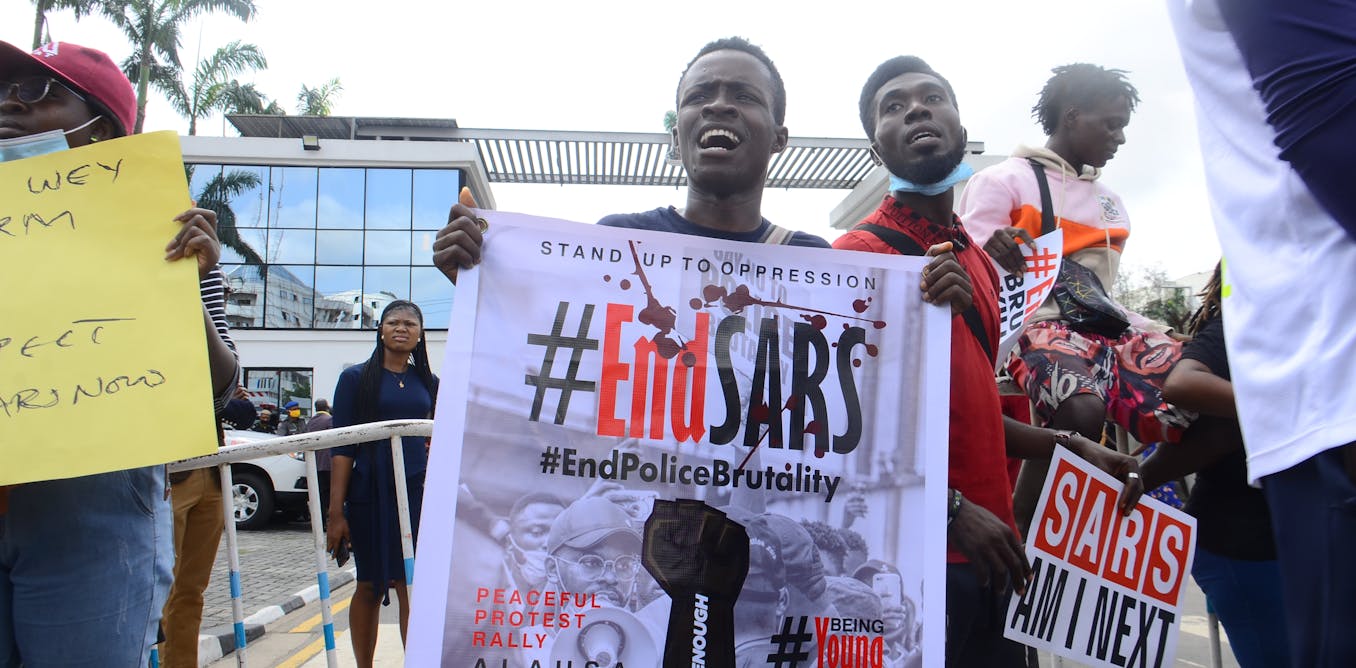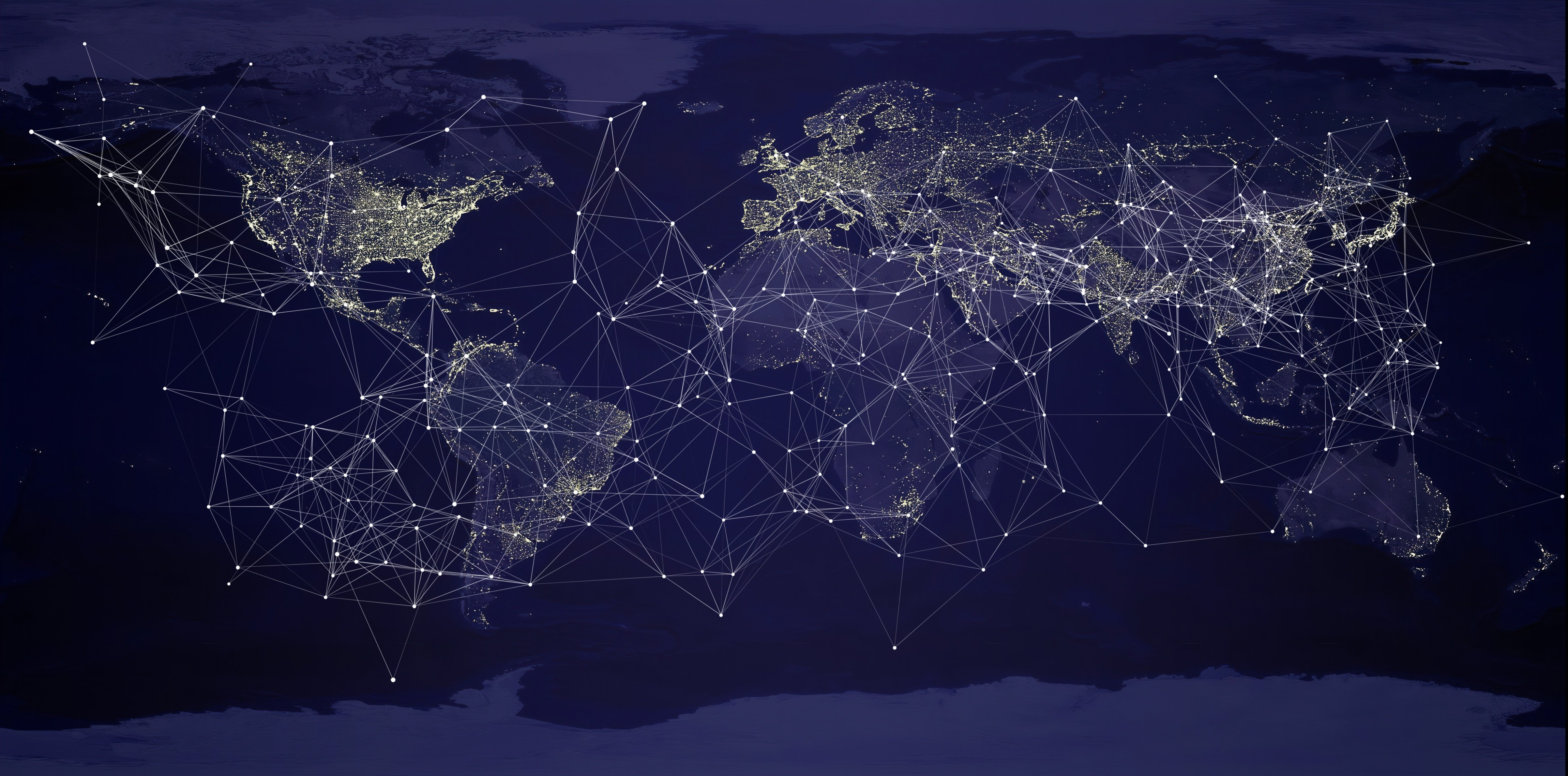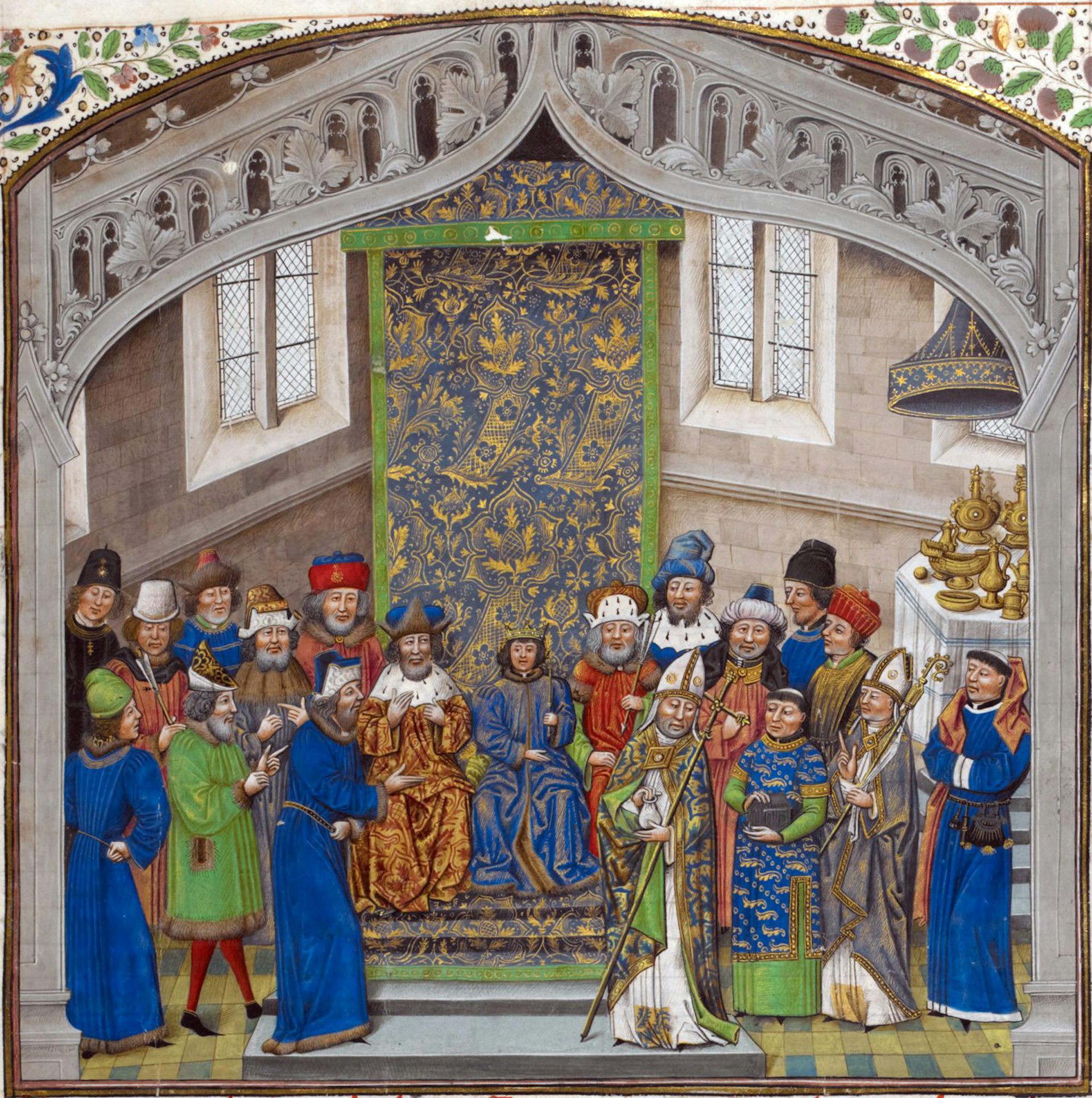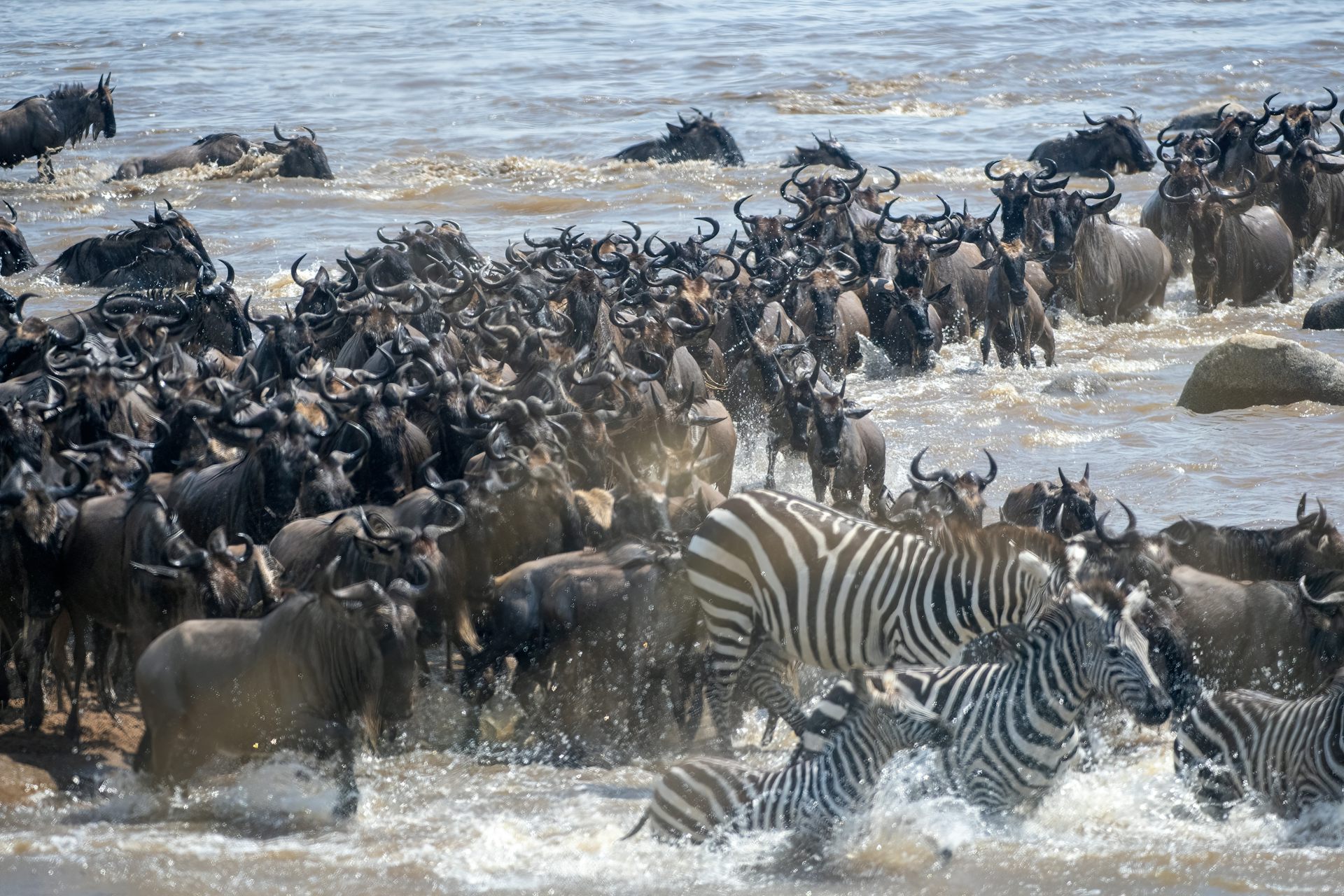Ancient Maya genomes reveal the practice of male twin sacrifice and the enduring genetic legacy of colonial-era epidemics Rising to power in the wake of the Classic Maya collapse, Chichén Itzá was among the largest and most influential cities of the ancient Maya, but much about its political connections and ritual life remain poorly understood....
World
Basic Income Can Double Global GDP While Reducing Carbon Emissions
Giving a regular cash payment to the entire world population has the potential to increase global gross domestic product (GDP) by 130%, according to a new analysis published June 7 in the journal Cell Reports Sustainability. Researchers suggest that charging carbon emitters with an emission tax could help fund such basic income program while reducing environmental...
Pagan-Christian Trade Networks Supplied Horses from Overseas for the Last Horse Sacrifices in Europe
Horses crossed the Baltic Sea in ships during the Late Viking Age and were sacrificed for funeral rituals, according to research from Cardiff University. Published in the journal Science Advances, studies on the remains of horses found at ancient burial sites in Russia and Lithuania show that they were brought overseas from Scandinavia utilising expansive trade...
Ameliorating Afghanistan’s Economic Weakness
Nearly three years into Taliban rule, the Afghan economy remains weak. What can the U.S. and other donors do about it? Editor’s note: The following article is based on remarks given by the author at the Afghan-American Chamber of Commerce’s private-sector conference in Istanbul on March 4, 2024. Nearly three years into Taliban rule of...
Young Middle-Class Nigerians Are Desperate to Leave the Country: Insights into Why
Since the 1980s, migration has been a part of the Nigerian middle-class psyche, catalysed by the usual suspects: high unemployment, security concerns, infrastructure gaps, and poor governance. Migrants tends to be middle-class since one needs resources to migrate. For many young Nigerians, the bloodshed that ended the 2020 #EndSARS protests against police brutality proved to...
Gum Arabic from Africa’s Acacia Trees in the Sahel Is Used in Hundreds of Products: What’s Worth Knowing
The conflict in Sudan has turned attention to a rarely discussed commodity: gum arabic. This product, the dried sap of certain species of acacia trees, is used mainly as an additive in the soft drinks industry. Sudan accounts for about 70% of global gum arabic exports. Asgar Ali, an expert in sustainable food systems, answers...
Escape the Vapes: Scientists Call for Global Shift to Curb Consumer Use of Disposable Technologies
Scientists have called for a concerted global effort to stem the tide of disposable electronic technologies – such as vapes – contributing to international waste accumulation and environmental degradation. Writing in the journal Science, researchers from across the UK have highlighted how disposable vape sales quadrupled in the UK between 2022 and 2023, with consumers now...
Who’s Rulin’ Who?
A review of Anu Bradford, “Digital Empires: The Global Battle to Regulate Technology” (Oxford University Press, 2023) A European digital privacy activist lodges an appeal with the High Court of Ireland, arguing that the Irish Data Protection Commissioner’s refusal to prohibit transfer of his personal data to the U.S. by global technology giant Facebook (now...
Medieval Europe Was Far from Democratic, but That Didn’t Mean Tyrants Got a Free Pass
My students tend to imagine the Middle Ages as something like the “Kingdom Come” or “Total War” video games: an age of utter political chaos, when swords and daggers ruled, and masculinity and physical strength mattered more than governance. As a historian of the Middle Ages, I believe this turbulent image has less to do...
Serengeti Migration: Fire and Rain Affect How Zebras, Wildebeest and Gazelles Make the Journey
Tanzania’s Serengeti ecosystem is like a time machine. As one of the world’s last remaining fully intact grazing ecosystems it provides a glimpse of what others in Australia, Eurasia and the Americas might have looked like when communities of large grazing mammals roamed freely across these continents. During the Late Pleistocene, which spanned from 129,000...



.jpeg?sfvrsn=c99cb183_5)





